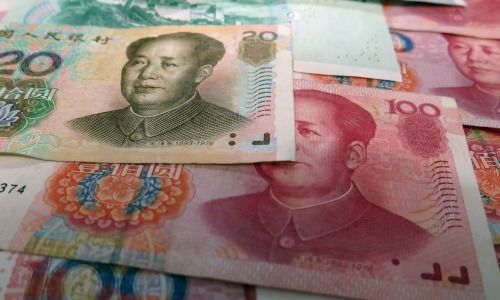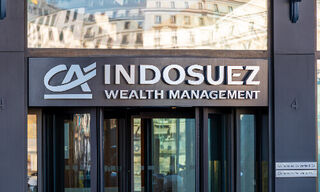Struggling Chinese Firms Turn to IOUs
Amid a slowing economy, with stronger headwinds amid a lengthy and intensifying trade war, Chinese businesses have turned to IOUs.
China needs its private companies to pull the economy out of the rut, but Beijing's promise to increase corporate funding has not materialized, and private firms are short of cash and struggling.
Despite the Central Bank cutting the required reserve ratio four times in 2018 to reduce borrowing costs for financial institutions so that more money can flow to the private sector, financing remains inaccessible and expensive.
This has resulted in the proliferation of IOUs, formally known as commercial acceptable bills, in the private sector. The «New York Times» reported (behind paywall), citing government data, that as much as $211 billion in IOUs is circulating in the Chinese economy. Businesses are also trading these notes below their face value.
In particular, property companies have been turning these notes into a currency. Evergrande, onw of the country's largest and most well-known property developers, is also one of its biggest issuers of IOUs, having paid suppliers $20 billion with them, the «Times» reported.
Credit Squeeze
The «big five» state-owned banks are been reluctant to lend to the private sector, preferring to lend to state-owned enterprises that have the guarantee of government backstops. At the same time, businesses cannot turn to alternative lenders as Beijing has cracked down on shadow banking, leaving many them strained for liquidity.
Smaller regional lenders in China are also facing a number of challenges including deteriorating asset qualities, inadequate capital buffers, and poor internal controls and corporate governance. As a result, they rely on wholesale borrowing from the interbank market, which have also been reluctant to lend to them
According to Chinese media «Caixin Global,» China had more than 27 million private companies with total registered capital of 165 trillion yuan ($23.43 trillion) at the end of 2017. This accounts for half of the country’s tax revenue, 60 percent of gross domestic product and 80 percent of urban employment.



























